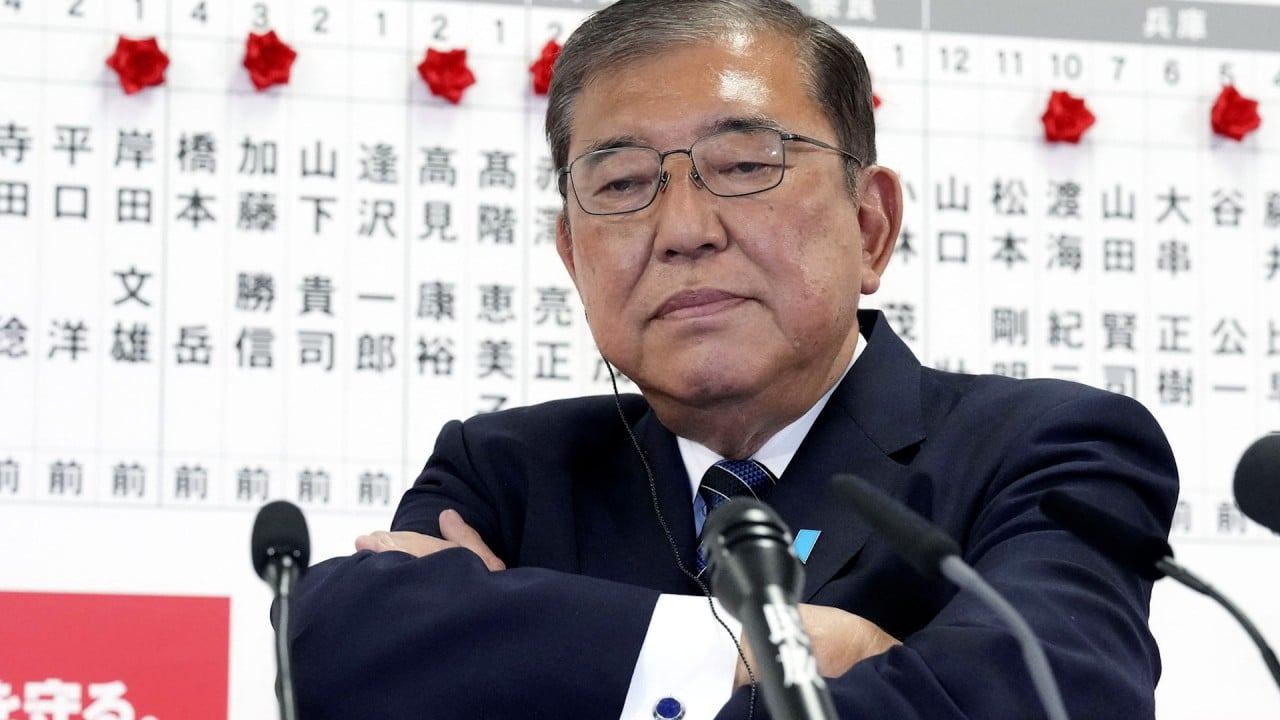Japan’s parliament reelected Prime Minister Shigeru Ishiba on Monday after his governing coalition suffered the worst election loss in more than a decade.
Ishiba’s ruling Liberal Democratic Party and its junior partner Komeito together lost their majority in the 465-seat Lower House, the more powerful of Japan’s two-house parliament, in the October 27 election due to continued voter outrage over financial misconduct by his party and its lukewarm response.
A special parliamentary session convened Monday to pick a new leader in a vote required within 30 days of a general election. In the past, these votes did not attract as much attention because an LDP leader was virtually assured to be prime minister. Ishiba beat top opposition leader Yoshihiko Noda 221-160 in the first run-off in 30 years.
Most of his previous cabinet members will be reappointed, but Ishiba will have to replace three who lost their seats or were affected by the election results.
Since the election loss, Ishiba has refused to step down, saying is willing to cooperate with additional coalition partners to boost stability and help him pursue his party’s policies. Noda, head of the centrist opposition Constitutional Democratic Party of Japan, has sought to form an opposition coalition – but so far unsuccessfully.

05:36
Divisions in Japan’s ruling Liberal Democratic Party pose barrier to PM Ishiba’s policy plans
Divisions in Japan’s ruling Liberal Democratic Party pose barrier to PM Ishiba’s policy plans
Ishiba will struggle in the coming months as he must gain consent from the opposition on policies including the budget and other legislation.

 By South China Morning Post | Created at 2024-11-11 07:47:04 | Updated at 2024-11-18 03:20:29
6 days ago
By South China Morning Post | Created at 2024-11-11 07:47:04 | Updated at 2024-11-18 03:20:29
6 days ago








